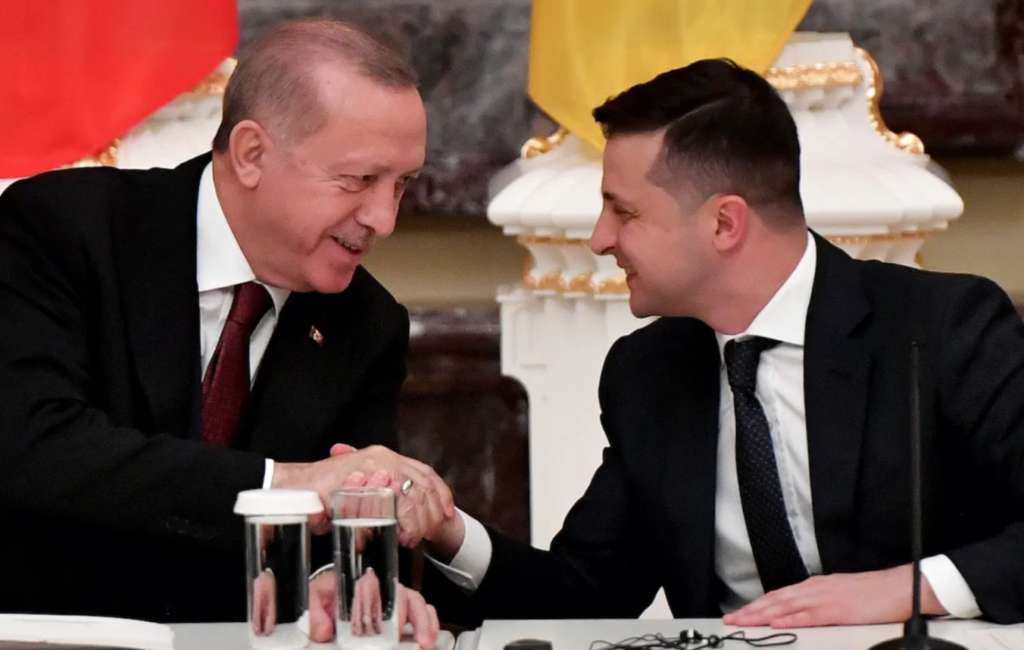
BLACK SEA, TURKEY AND UKRAINE:
THE COMPENSATION FACTOR AGAINST RUSSIA
The intensification of Turkish–Ukrainian relations is one of the main new developments of recent years. It represents an important stability factor as it re-establishes a balance that had been troubled by Russia’s annexation of Crimea, illegal from the point of view of international law. Russia and Turkey are “united” by common interests such as: the energy trade; the sale of weaponry systems(in particular the S-400 missile system, that allows to cover the Black Sea as well as parts of the Mediterranean)…
GAME CHANGERS 2020
A New Future Dawns on International Security
POLICY BACKGROUND PAPER
The international security arena is increasingly and rapidly marked by issues that are transnational and complex. The Foundation’s Game Changers 2020 Dossier has offered a balanced and diverse overview on 12 pivotal security issues that will change profoundly the global strategic dynamics. In this conference we have singled out three of them: climate change, the security-health nexus and artificial intelligence.
…read more.
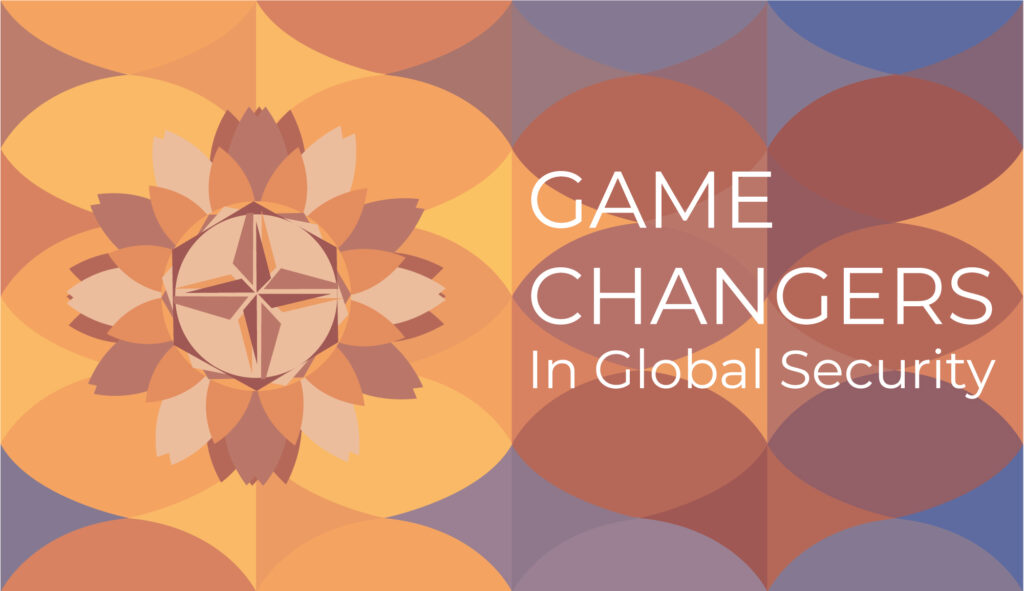

ARAB GEOPOLITICS 2020
The Middle East: What kind of future?
Working Meeting
POLICY BACKGROUND PAPER
A year of change, 2020 is having a deep impact on the Middle East and North Africa, questioning decade-old assumptions and presenting emerging realities that will shape the region for years to come. The normalisation process between Israel and the UAE will certainly represent the major legacy of US President Donal Trump, who made the reinforcement of Israel’s position a priority for its administration.
BALKAN PERSPECTIVES 2020
The Fight for a Timely Inclusion
POLICY BACKGROUND PAPER
Almost thirty years have passed since the outbreak of the wars that ultimately led to the dissolution of Yugoslavia and the collapse of Albania’s communist regime. While the NATO integration process in the Balkan region has constantly advanced throughout this period, securing Slovenia, Albania, Croatia and Montenegro’s membership, the pace of the European enlargement has been slower. Only Slovenia and Croatia are members of the European Union.


ARAB GEOPOLITICS 2020
THE MIDDLE EAST: WHAT KIND OF FUTURE?
POLICY BACKGROUND PAPER
Almost ten years after the start of the uprisings against the anciens régimes in North Africa and the Middle East, the region is still in turmoil. Despite the considerable exception of Tunisia, in the vast majority of the cases, the old guard has been successful in neutralising the revolutionary wave of 2011. Nevertheless, in the past two years the old grievances expressed during the Arab Spring season are getting vocal again.
WHEN AND ORDER ENDS
This article intends to discuss three points: the quest for a new world order, echoing the one established in 1945, is pointless; what should be done when an existing order cannot be adapted, and how the transition to a different order should be presently governed.

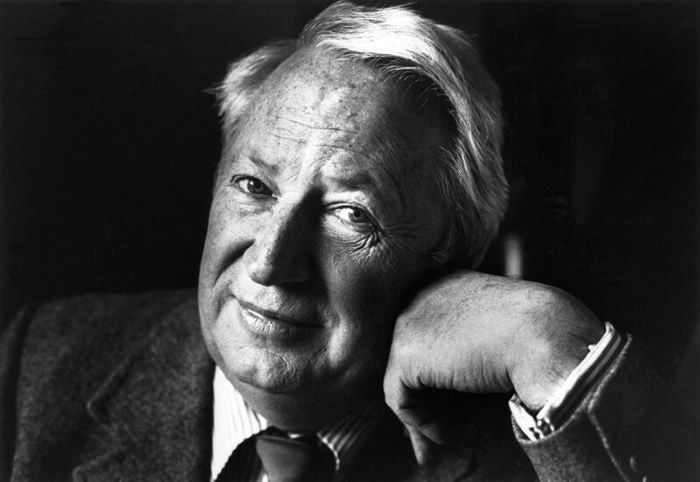
“CAN AN UNSTABLE WORLD BE MADE SAFER?”
SPEECH IN MEMORY OF THE RT HON EDWARD HEATH
(Salisbury, 20th November 2019)
One of the most unproductive exercises in public discourse is to speculate on what this or that deceased person would be saying about some contemporary event. It is a cliché too often worked to death. And yet, and yet, it does not strain the imagination to breaking point to speculate on what Ted Heath would be making of what his Party is doing today on Brexit. Outrage, dismay, confusion and seething anger; to claim that these might be his feelings at this moment is to be on reasonably safe ground.
THE SULTAN AND THE CZAR:
ERDOGAN AND PUTIN’S GAME-CHANGING POLICIES IN LIBYA
Despite the growing number of Covid-19 victims in Libya in mid-May, the civil war in the country is reaching new highs. The capital Tripoli has been under siege from the leader of eastern Libya-based self-styled Libyan Arab Armed Forces (LAAF), Khalifa Haftar, since last April, who last January sensed total victory.
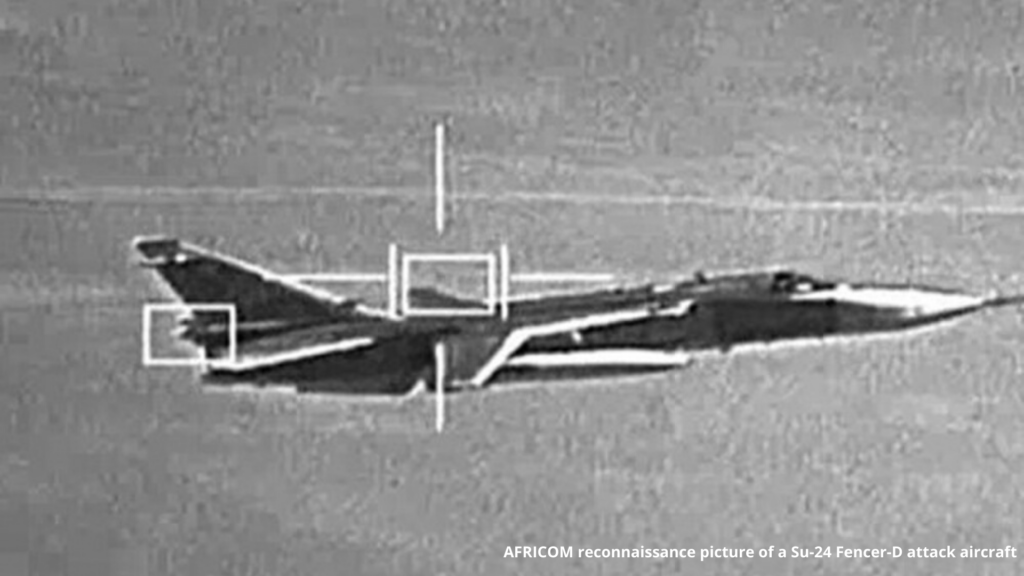
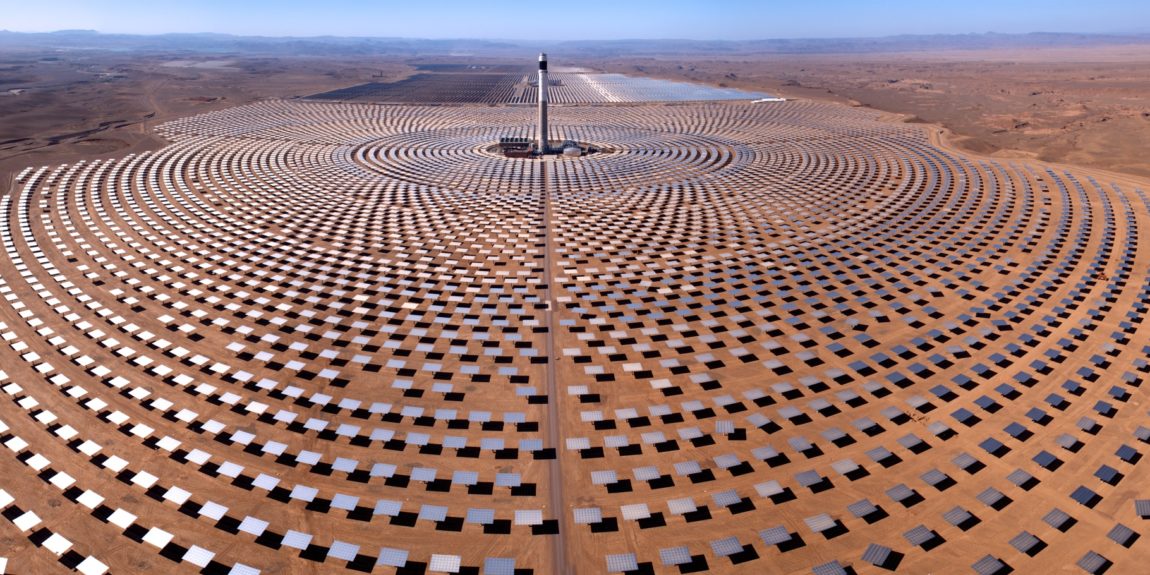
THE EURO-MEDITERRANEAN ENERGY RELATIONSHIP:
A FRESH PERSPECTIVE
Energy is a fundamental component of the economic relationship between the European Union and the ‘southern neighbourhood’ Mediterranean countries. This dates back to the 1960s, when discussions started on the first large-scale energy infrastructure in the Mediterranean region – a gas pipeline connecting Algeria to Italy via Tunisia.
THE MIRAGE OF STABILITY:
NORTH AFRICA AFTER THE PANDEMIC
The COVID-19 potentially represents a watershed moment in contemporary history, uniting Global North and Global South in the multi-faceted challenge of the pandemic, which is causing havoc and raises doubts on the ruling neo-liberal model. The reinforcement of the state’s powers and the shrinking space for civil liberties and political rights are without any doubt two of the major consequences resulting from the spread of the pandemic.
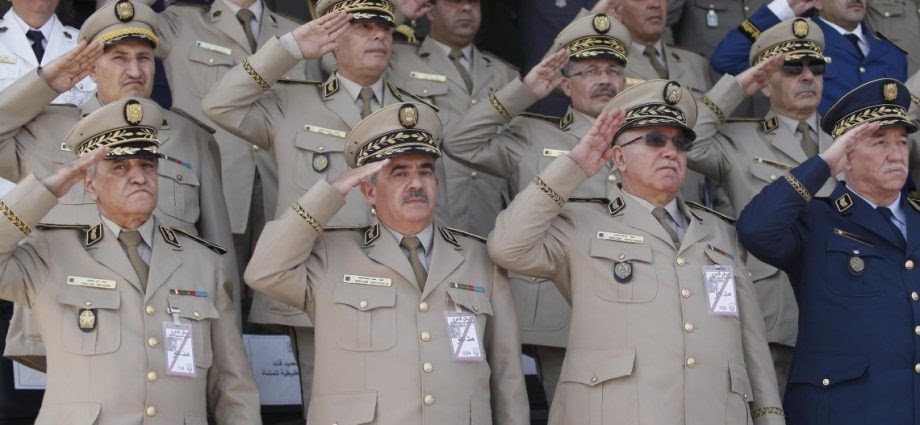
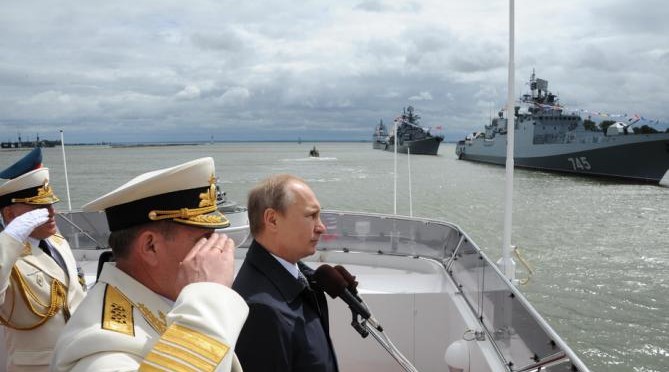
THE MARITIME DOCTRINE OF 2015
AND ITS EFFECT ON THE RUSSIAN BLACK SEA STRATEGY
The Black Sea, being a proximity sea, represents an area of great interest for the Russian Federation, as indeed clearly confirmed by the Maritime Doctrine of 2015, which underlines precisely the specific importance of coastal areas for the Russian Federation. The coastal areas worth vigilant attention for the Russian Federation are the Black Sea, the Sea of Azov, the Caspian Sea, the Baltic and the Arctic.
…read more.
PANDEMICS AND GLOBAL TRENDS
Pandemics are nothing new in human history and also in contemporary one. Since WHO does not have either a scientific or a quantifiable definition of pandemic (something that has raised some questions on the concrete logic and dynamics that lead to a pandemic declaration), one has to take into account past examples just as a rule of thumb:
- Spanish flu, 100 million dead (1918-1920);
- Asiatic flu, 1,1 million (1957-1958);
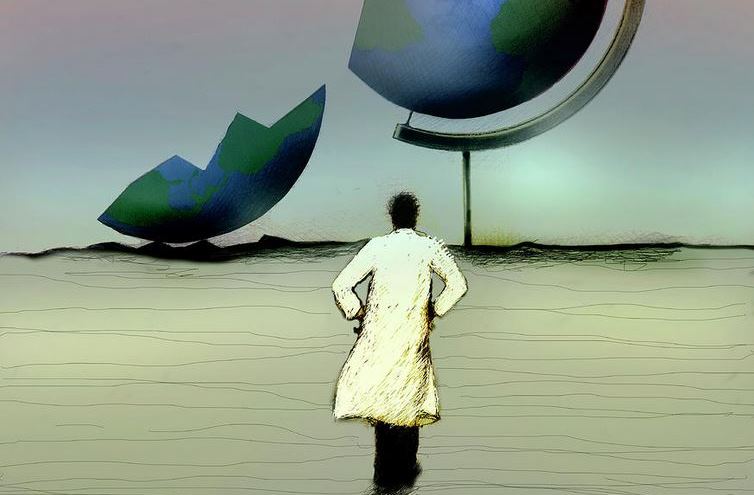
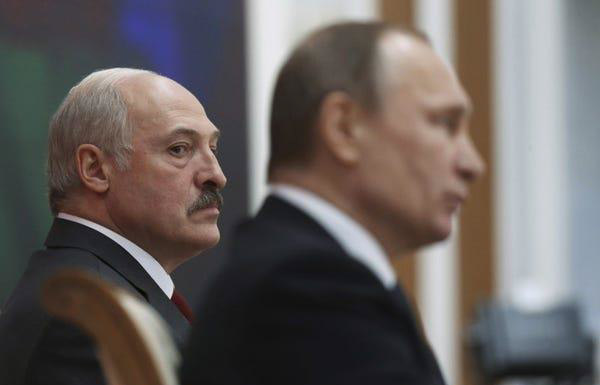
The sensitive strategic position of Belarus between the Russian Federation, EU and NATO
The choice that leads to neutrality, de facto, if not de jure, often occurs when a small country tries to protect itself from a bigger and powerful neighbour or to break free from a bond of subordination, vassalage and dependence on its old colonial master.
This applies to former colonies of the old European empires as well as to some states of the post-Soviet space, following the implosion of the Soviet Union in 1991.
The 2019 NATO-Industry Forum
Not Much Sparkle but Some Progress from ACT and Industry
The Seventh NATO Industry Forum (NIF) was held in Washington, DC on November 13-14. As is well known, the NIF is a periodic event whose purpose is to promote effective interaction between NATO and Industry, Academia, Research Institutions, Think Tanks, etc., and assess incremental progress. It is jointly organized by ACT (the Allied Command of Transformation) and the NATO Defense Investment (DI) Division…read more.
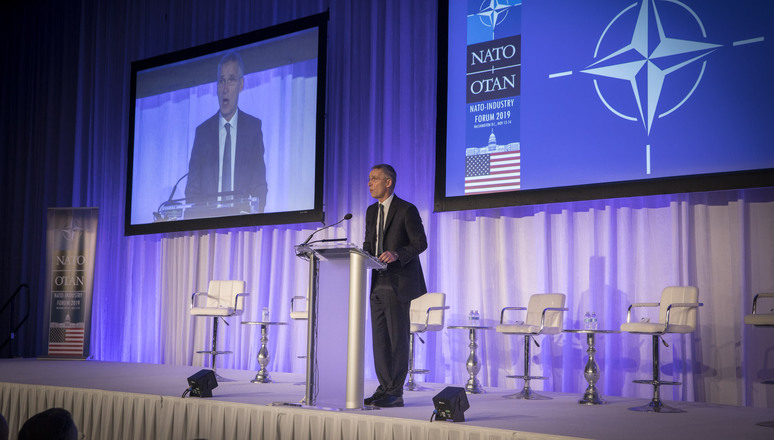
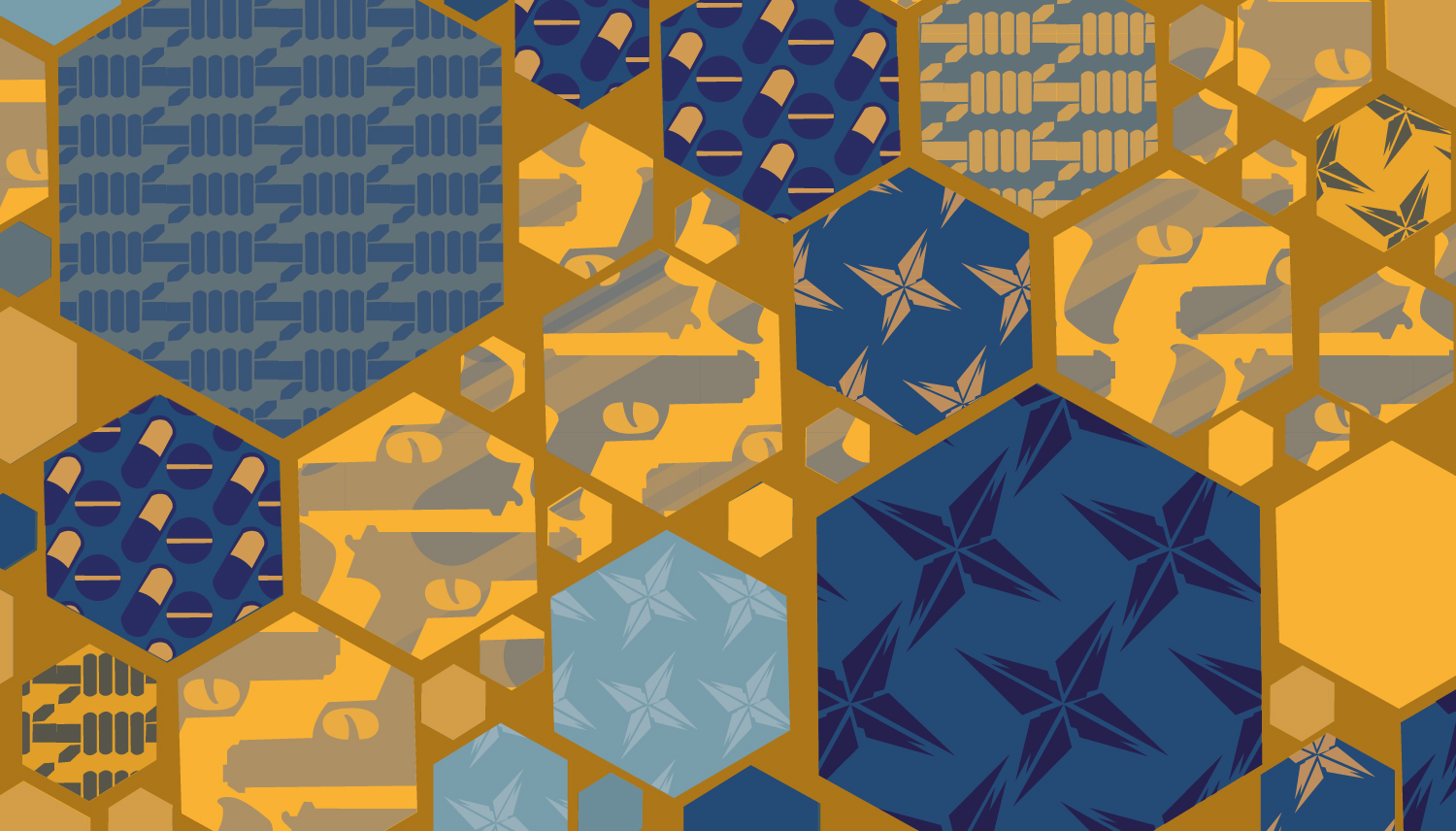
CONFRONTING CRIMINAL/TERRORIST THREATS. THE RESHAPING OF NON-STATE ACTORS
POLICY BACKGROUND PAPER
The 27th of October, President Donald Trump proudly announced the death of Abu Bakr al-Baghdadi, leader of the Islamic State of Iraq and the Levant (ISIL). He killed himself during a raid in the Barisha village (Idlib Province, north-western Syria, near the Turkish border) by elements of the 75th Ranger Regiment and the Delta Force. As in other cases, the death of a chief does not…read more.
A crisis of NATO or a crisis around NATO?
It is rather interesting to collect the different trenchant critiques collected by the Alliance in three years. Let us start from the US President’s tweets and remarks:
- “I said a long time ago that NATO had problems: Number one, it was obsolete, because it was designed many, many years ago.” (16/1/2017);
- “NATO was weak, but now it is strong again (bad for Russia).” (17/7/2018);
- Fox news host: “Membership in NATO obligates the members to defend any other member that’s…read more.

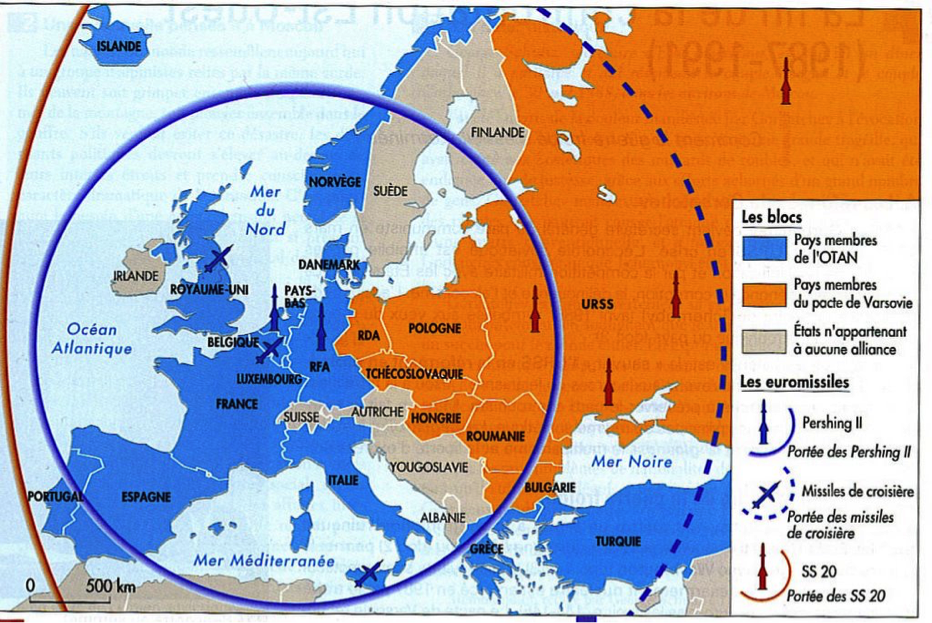
40 YEARS AFTER THE NATO DOUBLE TRACK DECISION
On 3rd and 4th December, NATO Leaders will gather in London to celebrate the 70th Anniversary of the Atlantic Alliance. It will be eight months late and, probably, will be hosted in a not very convenient place, because of the ongoing local Brexit paranoia. It will be good, nevertheless, to have a candid and comprehensive discussion on the future of the Euro-Atlantic security community, at the highest political level. So far, the prologue is quite scary: on one side, the US President seems always eager to blame any initiative taken by the EU and its Member States; on the other side, the French President responds, announcing NATO’s “brain death”. It is appropriate to quote Mark Twain (“Reports of my death are greatly exaggerated”) and it is fair recalling …read more.
ARAB GEOPOLITICS AFTER THE CALIPHATE. HOW TO EXIT THE FRAGMENTATION TRAP
POLICY BACKGROUND PAPER
Two years after the fall of the Caliphate the Arab world has still been unable to express a stable regional order built upon the material and political/moral ruins left. The end of the territorial dimension of the Islamic State (also known as ISIS or ISIL) could have represented a turning point to re-discuss and re-arrange a new concert of powers in the region. On the other hand…read more.

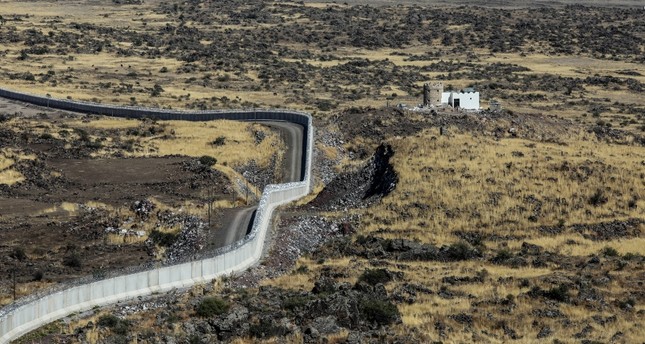
SAFE ZONES AND DEVIL IN DETAILS:
TURKEY IS RUNNING OUT OF OPTIONS
Over a year now the Turkish-American agreement over the so called Manbij Roadmap is in a stalemate. US President Donald Trump’s announcement in December 2018 to withdraw American troops from Syria even further complicated the situation. Just after Ankara’s acquisition of the Russian S-400 air missile system, US Syria envoy James Jeffrey arrived in Turkey for July…read more.
NATO AT 70: REFOCUSING FOR CHANGE?
POLICY BACKGROUND PAPER
NATO is the most successful political-military alliance in history, and yet it is time to focus once again on the purpose of the transatlantic relationship that is at risk of whittling due to inertia and complacency. NATO’s old quip “to keep the Russians out, the Americans in, and the Germans down” today it is evidently out of touch with reality. Russia is considered by some a potentially interesting partner a part of the US public is not sure about staying…read more.
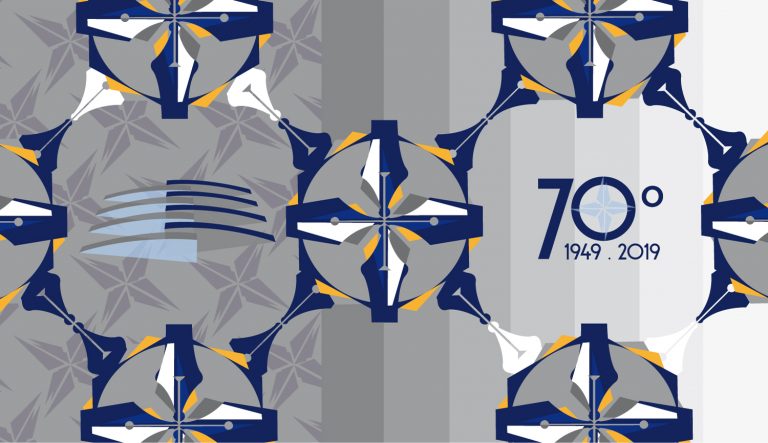
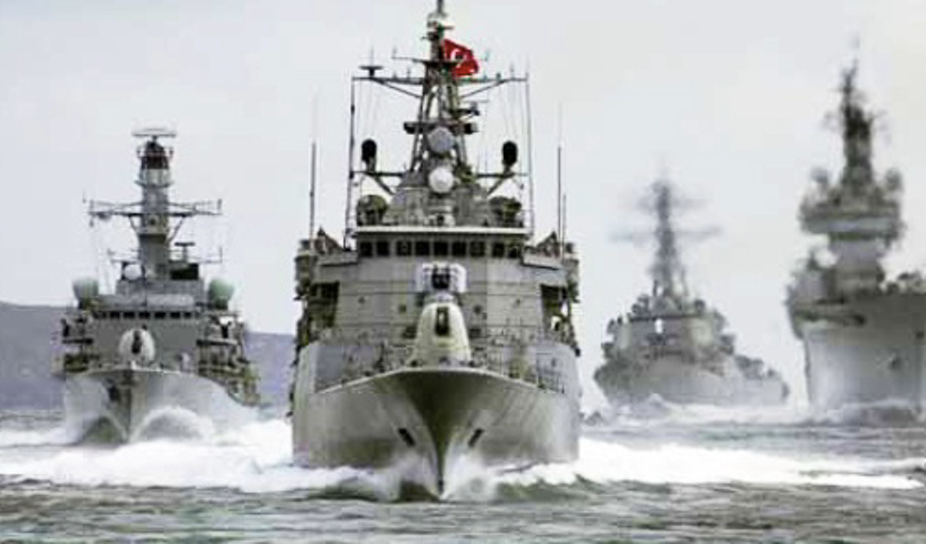
EASTERN MEDITERRANEAN: GAS, TENSIONS AND SABRE RATTLING
On 20 June 2019, after “Fatih”, the second Turkish drill ship “Yavuz” left the Dilova port to sail into the Mediterranean Sea. According to Turkish media, Yavuz shall start from July on its petroleum and gas exploration works in the Eastern Mediterranean. While Turkish Energy and Natural Resources Minister Fatih Dönmez celebrated the launch with the words “Now we’re also part of the game”, the Turkish action prompted harsh reactions from Greece, the EU and the US that see in Ankara’s “illegal” drilling action a…read more.
THE MIDDLE EAST TORN BETWEEN SECURITY DILEMMA AND POWER VACUUM
The 2011 uprisings failed in spreading democracy. They did, nevertheless, reshape regional relations leaving three traditional powers of the area – Egypt, Syria, Iraq – as barely functional states. The Gulf countries – Qatar, Saudi Arabia, UAE – are leading a potential endless counter-revolution effort. The latter has ignited a toxic circuit of proxy wars that is re-orienting regional foreign policy with a compass driven by altered perceptions of threats and opportunities. The hope that, at the end…read more.
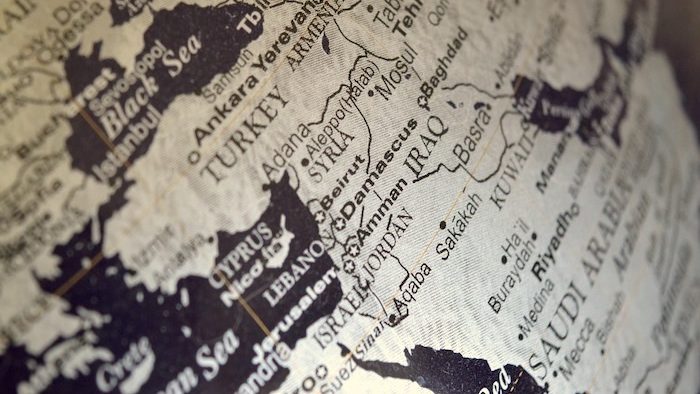
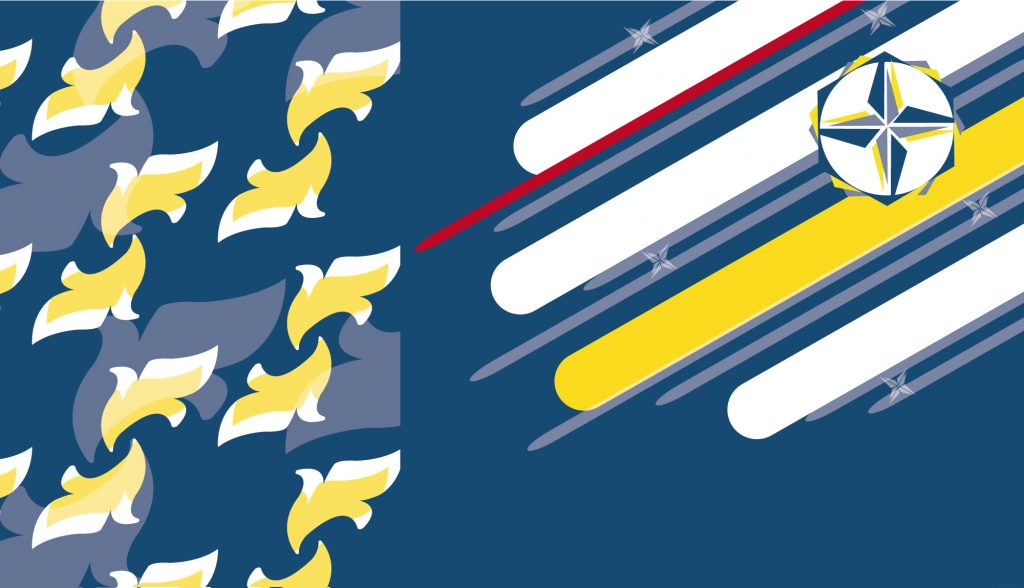
BALKAN PERSPECTIVES. ADAPTING THE PARTNERSHIP AND INTEGRATION PATHS
POLICY BACKGROUND PAPER
When the European leaders made the solemn commitment of enlarging the Union towards the Western Balkans at the Thessaloniki EU Council in 2003, the general mood about the region was rather positive. Politicians, diplomats and analysts thought that the Western Balkans would have joined NATO and the EU within 15 years, following the same path of Central Europe…read more.
THE SOVIET INVASION OF AFGHANISTAN WAS A MISTAKE: LESSONS FOR TODAY
It is easy to dismiss defeat as uninteresting and unappealing, preferring instead the more intoxicating analysis of victory; yet wisdom is more often learned from defeat because errors have more power in questioning assumptions and ossified ideas. A short analysis of the decision-taking process of the Soviet leadership that led to the invasion of Afghanistan on December 1979 shows…read more.
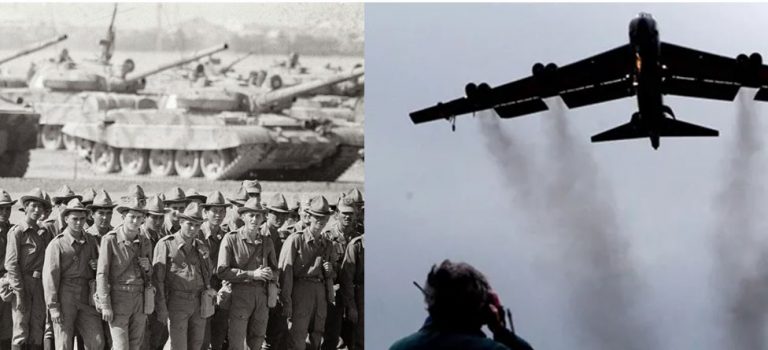
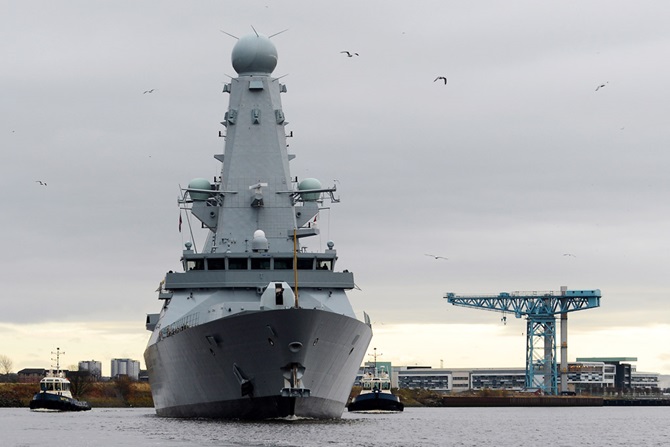
STRONG AND GUSTY WINDS FOR THE DEFENCE INDUSTRY
It is common knowledge that the world situation is characterised by increasing geopolitical tensions, local wars, a somewhat unpredictable behaviour of the three superpowers (US, China and Russia) and the ever present, even if discontinuous, terrorist threat. Most countries are therefore facing a raising number of real or perceived threats, while the continuous technological evolution, occasionally disruptive, makes those threats even more difficult to predict and counteract.
This geopolitical quandary has generated a bigger attention to defence and security issues and an increase in the demand for military equipment…read more.
LOCAL TRENDS AND GLOBAL DYNAMICS OF RELIGIOUS TERRORISM IN AFRICA
The asymmetry level of terrorist threats affecting the different cities of Europe urges the development of sophisticated interpretative tools. Such tools are meant to encode complex hazards in engineering models of reality.
In 2015, an antiterrorism project was developed to define operative guidelines of intervention devoted to the prevention of disastrous consequences for human life and built heritage in case of a religiously motivated terrorist attack, perpetrated in an urban church of Italy. Thus, the “I.T.A.W.” database was created with the purpose of collecting significant information…read more.
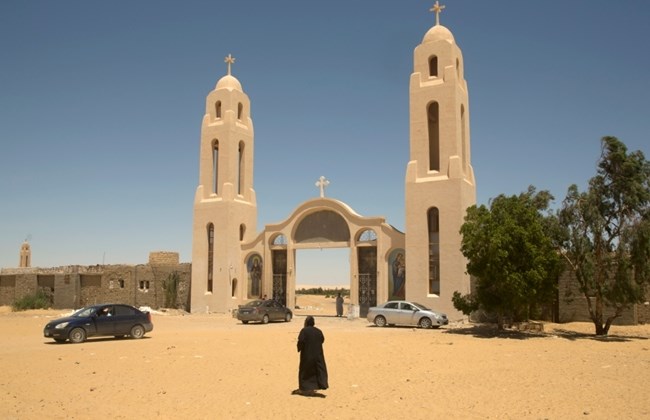
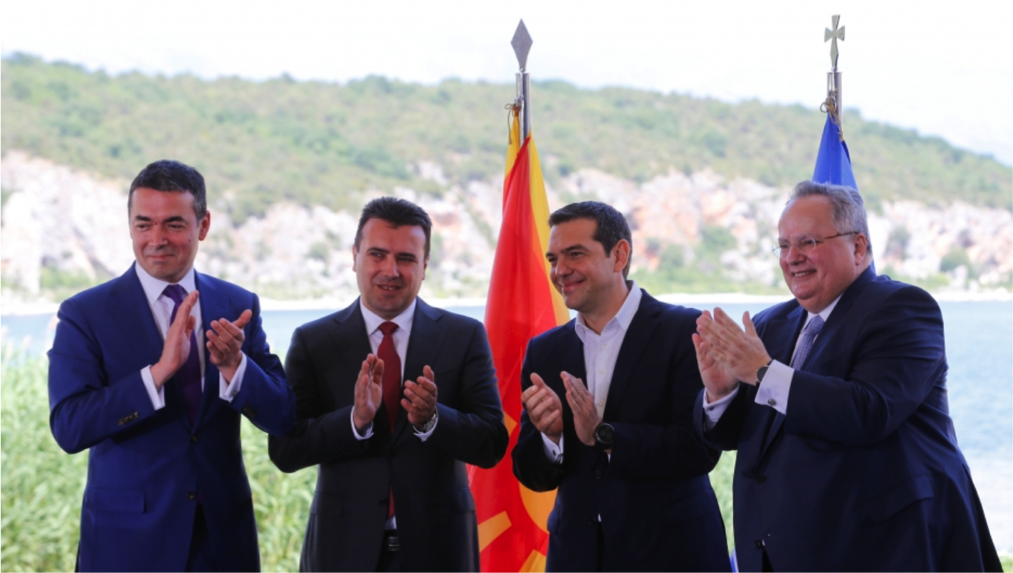
THE BALKANS:
STILL THE “POWDER KEG” OF EUROPE?
The dissolution of the Communist regimes gave rise to new political institution and provided a pathway for the rise of independent nation states. However, this transformation was not smooth and without obstacles. Countries of the region faced a triple transition from war to peace, from Socialism to democracy and market economy and from humanitarian aid to sustanaible development. This is not comparable with any of the Central or Eastern European experience…read more.
OUT OF THE STALEMATE:
CAN EGYPT AND NATO HELP LIBYA?
On the 23rd of March 2011, the North Atlantic Treaty Organisation (NATO) launched its Unified Protector Operation in Libya, enforcing the United Nations Security Council Resolutions 1970 and 1973. Achieving its End State, the Operation has officially ended. But, did it? Libya remains in a state of distress where its governance is contested between various actors, namely, the Presidential Council headed by Fayez Al-Sarraj and…read more.
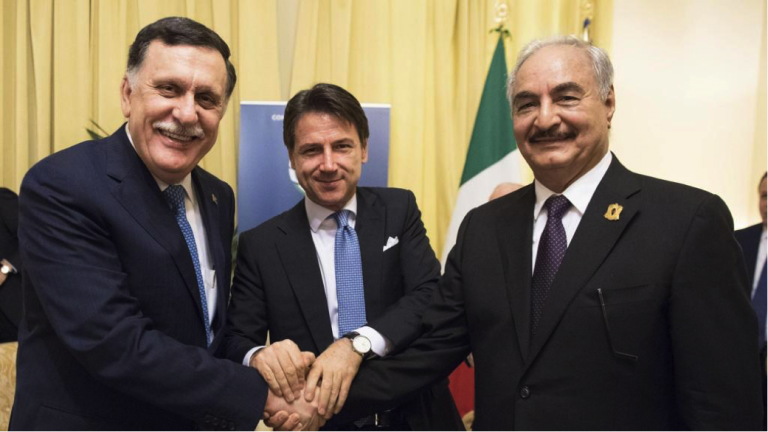
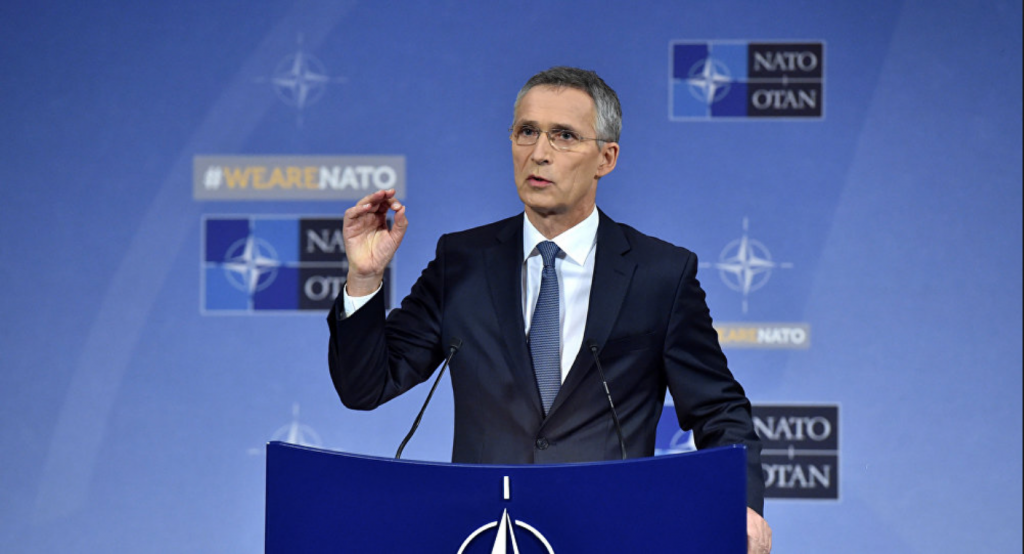
THE 2018 NATO INDUSTRY FORUM:
REAL PROGRESS OR JUST NETWORKING EVENT?
The sixth NATO Industry Forum (NIF) was held in Berlin by November 2018. The purpose, following the launch of the Framework for NATO Industry Engagement in 2013 was to assess progress in the interaction NATO-Industry, increase the Industry awareness of NATO priorities, and improve its participation in establishing requirements and developing capabilities. Recognizing the frenetic pace…read more.
TARGETING THE DE-MATERIALISED “CALIPHATE” – EXTREMISM, RADICALISATION AND ILLEGAL TRAFFICKING
POLICY BACKGROUND PAPER
Although the Islamic State has lost nearly 98% of the territory it once controlled, the group is ripe for a comeback in Sunni-majority areas of Iraq and Syria. This resilience is explained by its capability to keep a substantial war chest; when it controlled territory, it amassed billions of dollars through extortion, taxation, robbery, and the…read more.
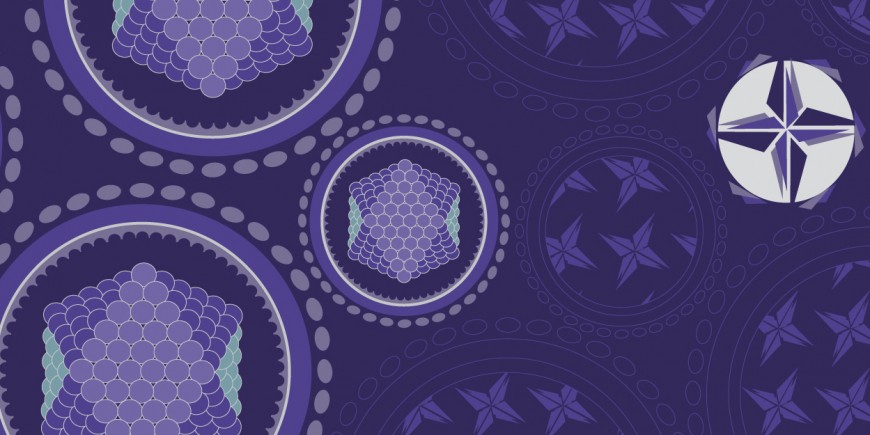
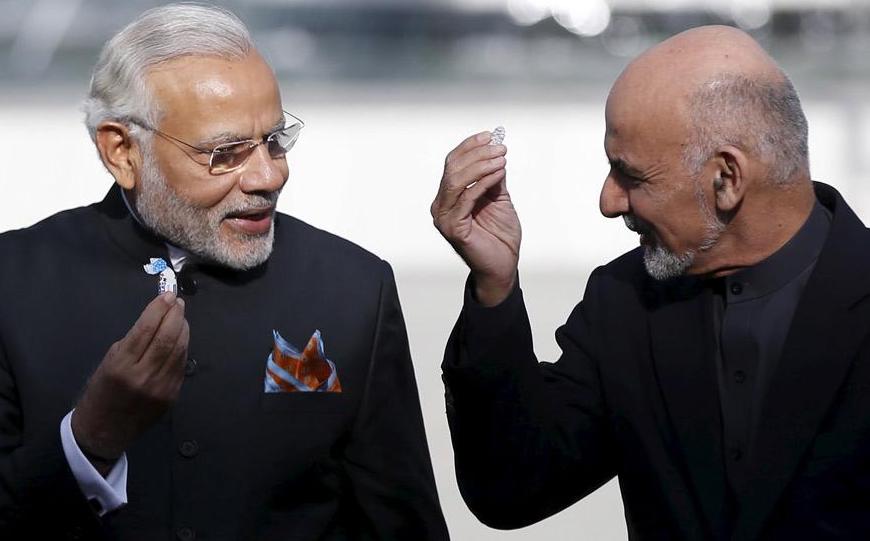
AFGHANISTAN AFTER 2014 US DRAWDOWN:
INDIA’S WAITING GAME
India’s long and continuous history with, and current legitimate interests in, Afghanistan precludes an exit strategy after the Western forces leave. This sentiment has become even stronger as the regime in Afghanistan changes and the US drawdown nears. Bereft of a regular involvement in the decision-making processes relating to the future of Afghanistan, India has crafted its own strategy, elaborated below, to deal with the post-2014 situation. It is based on continuing to develop its soft power strengths while looking…read more.
AFGHANISTAN AND CENTRAL ASIA: LOOMING PRIORITIES AND REGIONAL UN-BALANCES
POLICY BACKGROUND PAPER
NATO’s Resolute Support Mission is currently engaged in training, advising and assisting the Afghan security forces and institutions, in order to strengthen the state-building process and to enhance military capabilities of the national army to react against destabilising threats. The RSM’s presence is not limited to Kabul but is felt in different regions of the country (also in the Kandahar southern region and in the western region bordering Pakistan, where the…read more.

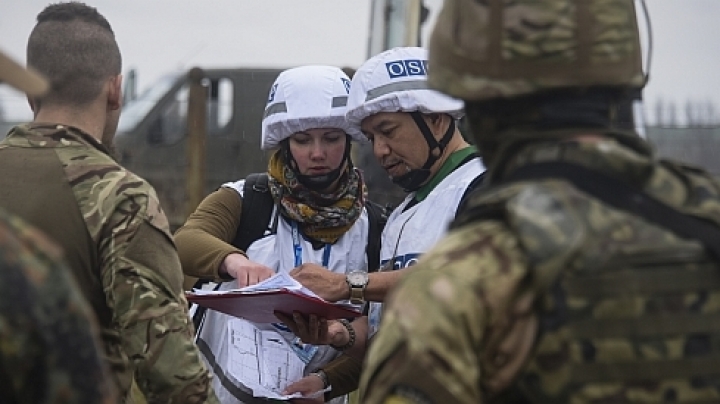
THE UKRAINIAN CRISIS:
STALEMATE BETWEEN BEAR AND NIGHTINGALE
Out of all the various geopolitical tensions and conflicts facing the transatlantic community and the Russian Federation on the world stage, the Ukrainian crisis – even if lately gradually overlooked and side-lined by the international media – continues to represent one of the main conundrums and sources of discord between an ever less cohesive West…read more.
NATO INDUSTRY RELATION:
THE JURY IS STILL OUT
The dialogue between NATO and Industry focused on the promotion of an Industrial advisory role in a pre-competitive (or non-competitive) mode is over fifty years old. In this period many things have happened: we have seen the creation of organizational structures and procedures, witnessed moments of intense activity, moments of flatness…read more.
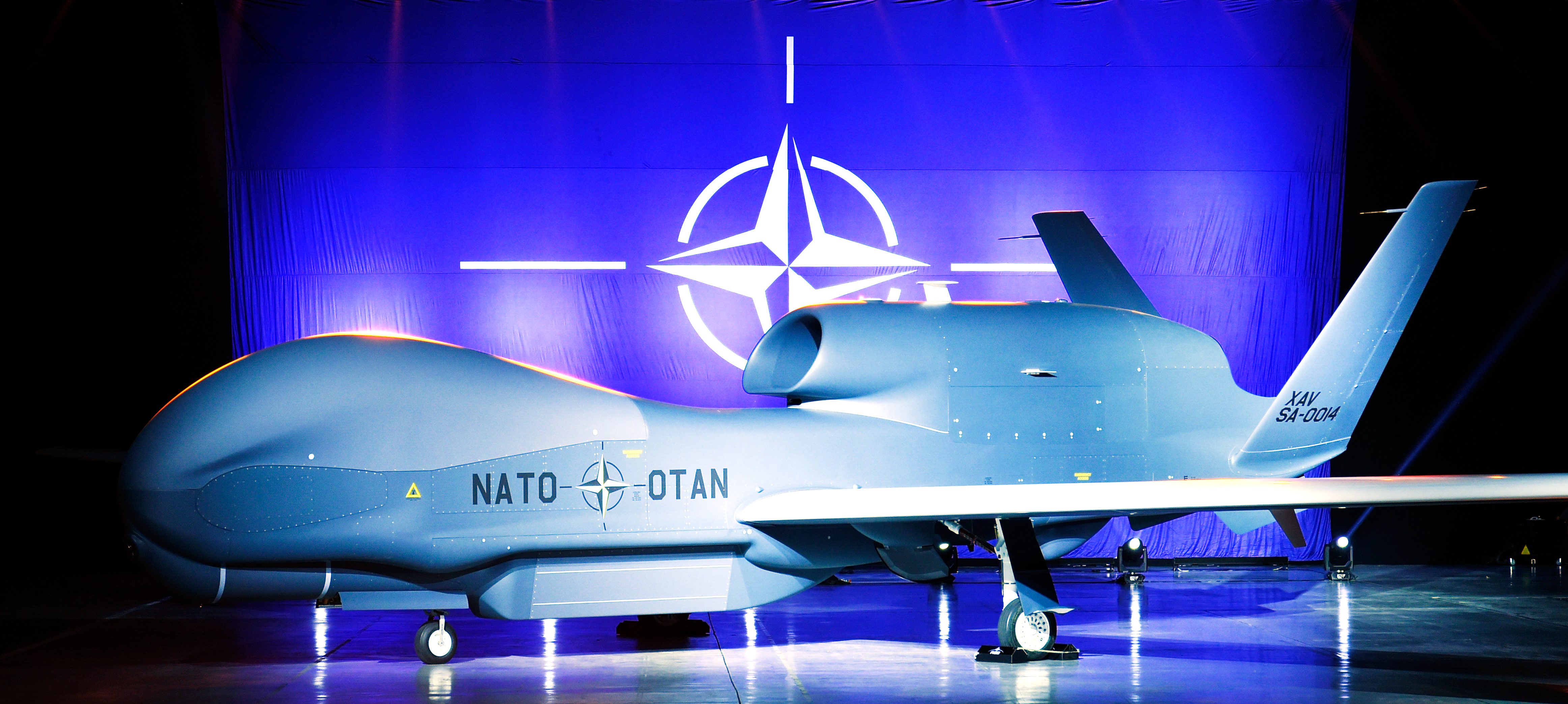

AROUND THE BELT AND ROAD INITIATIVE:
THE EMERGING OF A GRAND STRATEGY
The article is a five-point reflection on the New Silk Road (i.e. BRI or OBOR). First point: It is, first of all, an indispensable missing land link in global trade missing for 300 years. Thus it is a very positive development. Why should anybody be against? Second point: The old continental theories of Mackinder and Spykman are of very limited relevance…read more.
Hybrid WARFARE IN HISTORICAL PERSPECTIVES
PRESENTATION FROM THE MAX WEBER INTERNATIONAL WORKSHOP – “FEAR OF TROLLS AND LITTLE GREEN MAN. DOES HYBRID WARFARE WORK, FOR WHOM, AND WHEN?”
In 2005 British General Rupert Smith wrote that “War no longer exists”. He continued: “Confrontation, conflict and combat undoubtedly exist all around the world. […] Nonetheless, war as known to most non-combatants, war as battle in the field between men and machinery, war as a massive deciding event…read more.


AFRICA: A LABORATORY FOR SECURITY COOPERATION WITH CHINA?
AFRICA IN ACTION WORKING PAPER
In May 2018, the US accused China of pointing lasers at US military aircraft multiple times near Djibouti in East Africa, in what an analyst describes as “an act just short of war.” [See Daniel Brown, “These are China’s laser weapons that have reportedly been targeting US planes in ‘an act just short of war”,’ Business Insider, May 4, 2018] Beijing denied these allegations which come at a time of contentious Sino-US rela- tions and looming trade war. According to some sources…read more.
NEW ARMIES FOR A NEW ERA. DECRYPTING POST-2011 ARAB MILITARY REFORMS: TREND FROM TUNISIA AND UNITED ARAB EMIRATES.
ARAB GEOPOLITICS WORKING PAPER
The reaction of the Arab armies to the 2011 uprisings is a subject is a subject that has been frequently examined, but the evolution and reform of Arab armies is a neglected topic. In times of global interdependence, the Atlantic Alliance must be ready to understand and interact with the changing Middle East….read more.
